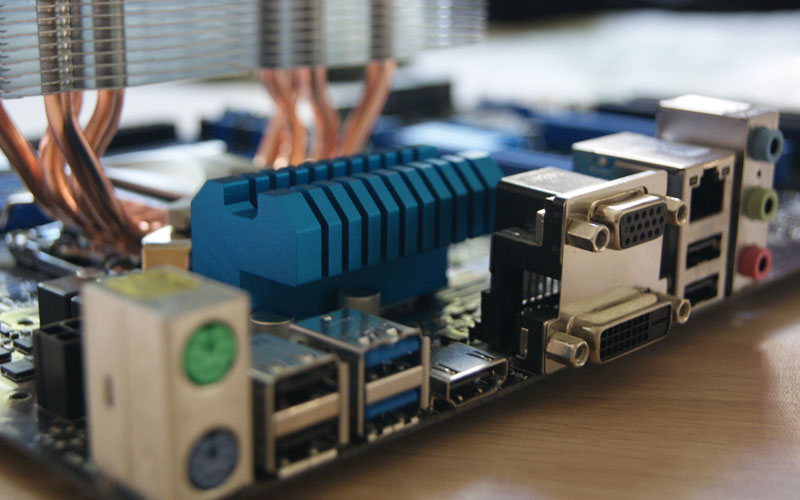

The course aims to make candidates aware of improvements that technological advances makes possible and to consider implementation these on their system, whether it be a utility, a large end user, or an industrial islanded system. Asset management, DSM, non-linear loads, harmonics and on line diagnostics of plant are also considered, as are ways of improving the utilization and efficiency of system plant.
At the end of this course, participants will be able to:
This course is designed for those involved with the planning, operation and maintenance of small to large scale power networks, from around 11kV, upwards. Designers, Engineers and Technicians from Distribution Companies, Power Utilities, Engineering Professionals in the Electricity Supply Industry and Petrochemical Companies who have to deal with aspects of generation, transmission and distribution should be interested in learning how to handle increased demand, how to drive the system harder, but safely, and with increased reliability, security and monitoring. Participants need no specific requirements, other than a good understanding of electricity and some relevant experience in power engineering.
This interactive Training will be highly interactive, with opportunities to advance your opinions and ideas and will include;
Videos and General Discussions
Introduction to Modern Electrical Power Systems
Current Operational Methodology
Introduction to System Operation
Emerging technologies
Advances in control and monitoring
Making the system work harder
System protection
CDGA attendance certificate will be issued to all attendees completing a minimum of 80% of the total course duration.
| Code | Date | Venue | Fees | Register |
|---|---|---|---|---|
| EE112-01 | 30-03-2026 | Amsterdam | USD 6950 | |
| EE112-02 | 07-06-2026 | Dubai | USD 5450 | |
| EE112-03 | 06-09-2026 | Doha | USD 5450 | |
| EE112-04 | 06-12-2026 | Muscat | USD 5450 |

The aim of this course is on the building blocks of electrical engineering, the fundamentals of electrical design and integrating electrical engineering into the other disciplines within an organizati ...

Power system protection is an essential component of all forms of electrical power systems. In practice, protective relaying is directly associated with security of supply, the reduction of damage to ...
Providing services with a high quality that are satisfying the requirements
Appling the specifications and legalizations to ensure the quality of service.
Best utilization of resources for continually improving the business activities.
CDGA keen to selects highly technical instructors based on professional field experience
Since CDGA was established, it considered a training partner for world class oil & gas institution
3012, Block 3, 30 Euro Business Park, Little Island, Co. Cork, T45 V220, Ireland
Mon to Fri 09:00 AM to 06:00 PM
Contact Us anytime!
Request Info